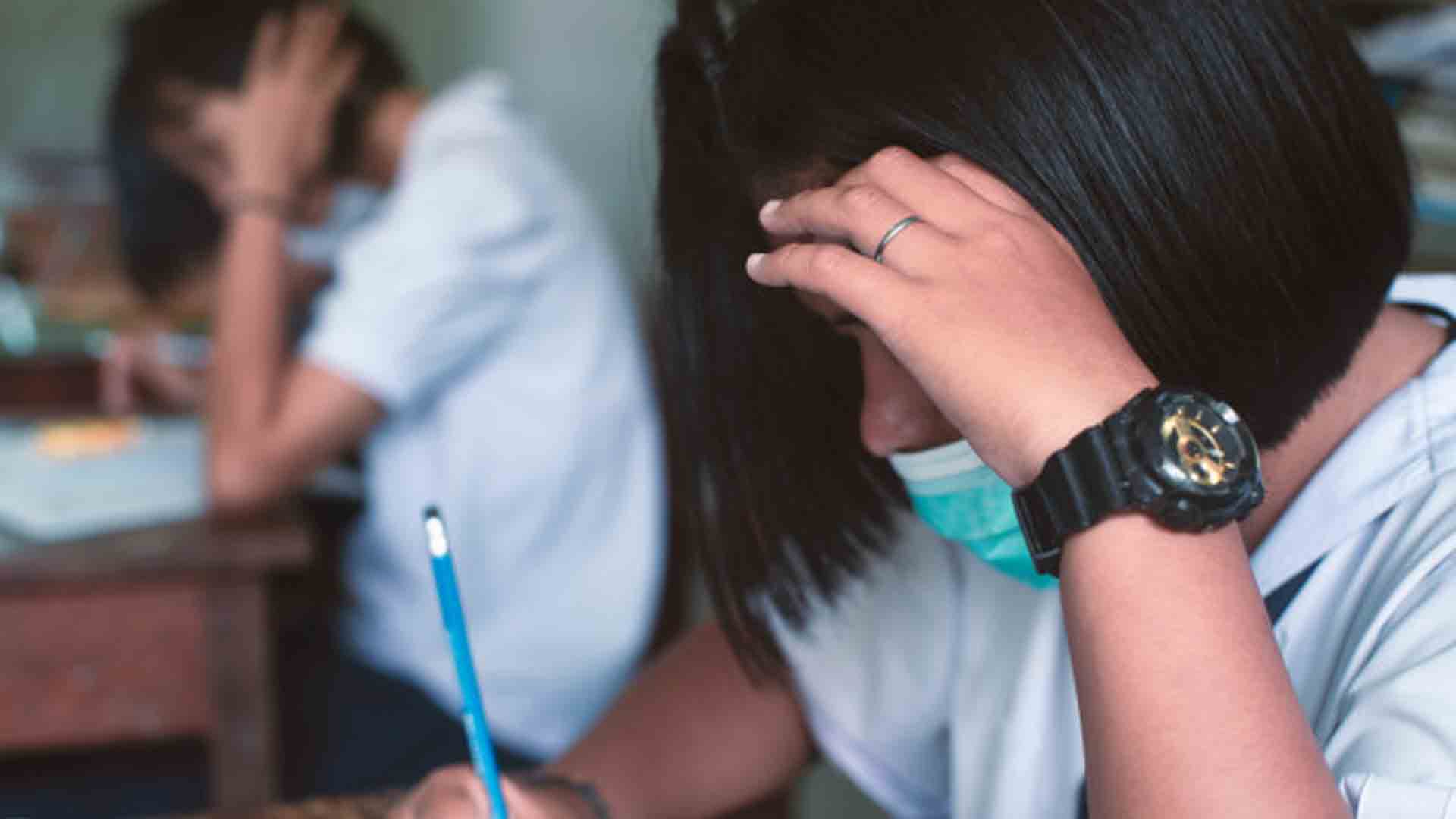The Peace Education Capacity Building Program (CBP) themed “Empowering Educators in Spreading the Culture of Peace” was held online in participation with 882 school heads, deans, teachers and faculty members from over 200 schools and higher educational institutions (HEIs) all over the Philippines.
The event was successively held from July to August by an international peace organization named Heavenly Culture, World Peace, Restoration of Light (HWPL) in partnership with the Commission on Higher Education (CHED) Regional Offices 2 and 10, Department of Education (DepEd) Maasin City, Laguna – Pila District and Cotabato City, Bangsamoro Ministry of Basic Higher Technical and Madaris Education (MBHTE), and Rotary Club of Manila Metro.

The program was designed to train leaders who can teach the values of peace and co-existence to youth, exposed to conflict, discrimination, poverty, and violence, and to help them grow as citizens who can practice peace.
During the 3-day program, the 12 HWPL Peace Education lessons were presented to the educators. The educational materials will be used to teach peace education in their institutions in the upcoming academic year 2021-2022, in observance with the CHED Memorandum Order (CMO) no. 1 series of 2019, “Integration of Peace Studies in Higher Education Curricula”.

CHED forged a Memorandum of Agreement with HWPL on January 23, 2018 and issued a CMO to implement peace education in all HEIs.
“HWPL’s Peace Education Capacity Building Program had a substantial impact on our peace educators in grounding and strengthening the implementation of Peace Studies/Education into our relevant curricula. Empowering our educators in spreading the culture of peace who were trained through HWPL is a powerful ripple effect that eventually creates waves of impact to the lives of our students,” shared Dr. Raul C. Alvarez, Jr., Regional Director of CHED Regional Office 10.
Dr. Marites Ibañez, Schools Division Superintendent of DepEd Laguna, highlighted the task of educators in promoting a ‘culture of peace’ through ‘integrating peace education concepts, skills, and values across the learning content’.
In addition, Dr. Julieta M. Paras, Regional Director of CHED Regional Office 2, said, “Teachers and the peace educators are the peace instruments for making the youth to be tomorrow’s decision-makers and advocates of peace.”
“Without anyone teaching peace, crime and war will be in all countries… We will spread the virus of peace, not the Delta and Lambda virus. We want this world to be happy place to live in,” said Dr. Josilyn Solana, Schools Division Superintendent of DepEd Maasin City.

According to Ms. Alecka Fajardo, National Coordinator of HWPL Peace Education, HWPL will continue to collaborate with other regions in the Philippines to conduct the training program for their partner private and public schools and HEIs under CHED. Furthermore, HWPL will urge the participation of the government agencies to implement peace education in the curriculum.







